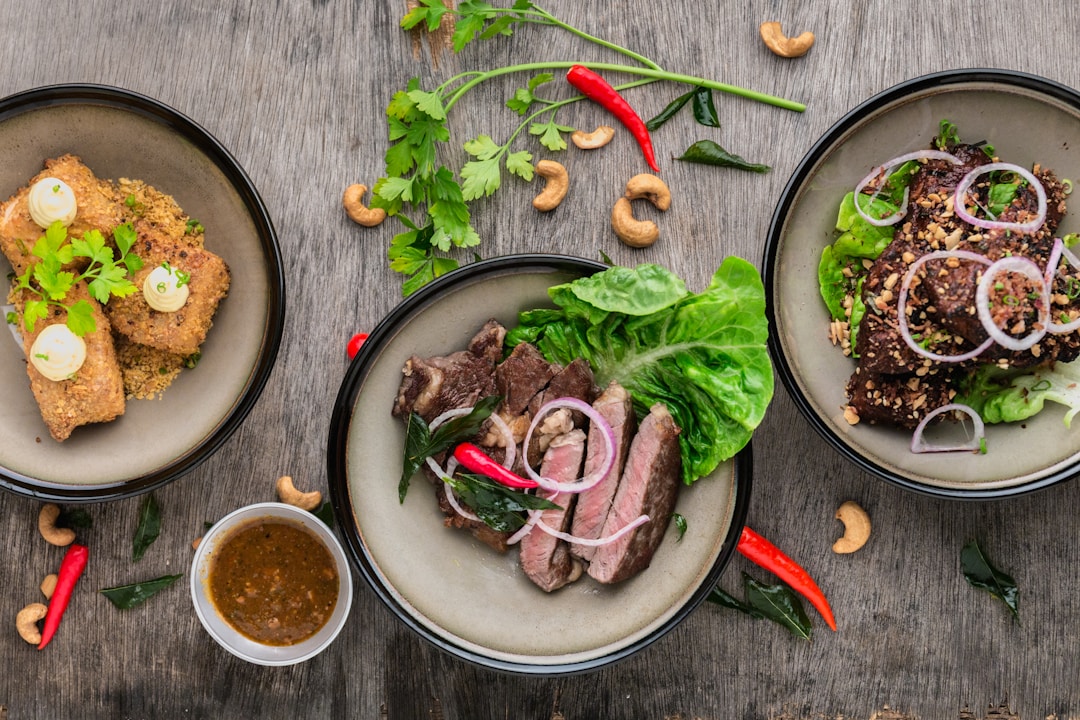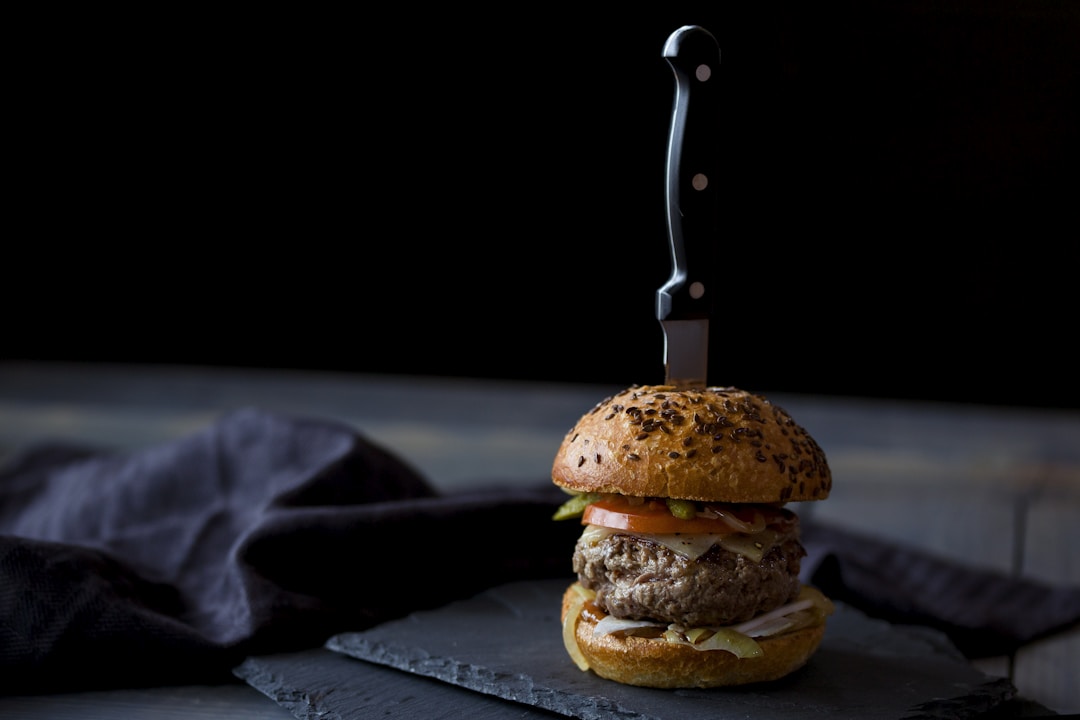Mastering the Art of Cooking Halal
Turning to halal culinary traditions offers a unique blend of religious adherence and savory explorations for many across the globe. As more individuals seek to align their dietary practices with their faith, the demand for halal cooking insights grows. Whether you’re a seasoned chef or a home cook, understanding the principles and techniques of halal cooking can transform the way you prepare meals. Below, we delve into the key aspects of halal culinary arts, from understanding dietary laws to celebrating with festive dishes. Keep reading to elevate your cooking repertoire.
Understanding Halal Food Principles: The Basics of Dietary Laws

Grasping the core principles of halal food is essential for anyone looking to respect Islamic dietary laws. At its heart, halal cooking means ensuring that all food is permissible under Islamic law. This includes the exclusion of pork and its by-products, blood, and alcohol, as well as ensuring that animals are slaughtered in a specific, humane way with a prayer said at the time of slaughter.
Halal food laws also extend to the handling and preparation of food to prevent cross-contamination with non-halal items. This separation must be maintained throughout the cooking process, from storage and preparation to cooking and serving. It is essential that utensils and surfaces remain uncontaminated by haram, or forbidden, substances.
Navigating the complexities of halal dietary restrictions can seem daunting at first; however, there is a wealth of resources and authorities that provide guidance. Looking to knowledgeable sources and certifications can help ensure that your cooking meets the required standards. This is where resources dedicated to halal cooking can be particularly valuable.
Techniques for Halal Meal Preparation: Ensuring Compliance
Adhering to halal standards extends beyond ingredients and into the realm of cooking techniques. For example, thoroughly cleansing all surfaces and utensils before beginning to prepare a meal can prevent cross-contamination. This diligence must also extend to personal hygiene, ensuring hands and clothing remain clean throughout the cooking process.
When it comes to the actual cooking methods, halal food can be steamed, grilled, baked, or cooked in any manner as long as halal principles are upheld. However, when preparing meat, it’s important to drain all the blood post-slaughter, as consuming blood in any form is strictly prohibited in halal eating.
Simultaneously, care must be taken when incorporating new cooking equipment or when dining out. Cross-contamination with non-halal foods, especially in shared kitchen spaces, can compromise the halal status of a dish. Awareness and open communication about halal requirements can help maintain the integrity of a halal diet in various settings.
Halal Flavor Explorations: Spicing it Up Without Compromise

The culinary landscape of halal cooking is abundant with possibilities for robust and delectable flavors. Spices play a monumental role in elevating the taste profile of halal dishes, with widespread use of ingredients like cumin, coriander, turmeric, and saffron. These spices, integral in many cultural cuisines, can be combined in various ways to achieve rich and savory results.
Past spices, the use of herbs like mint, cilantro, and parsley also significantly contributes to the freshness and complexity of flavors in halal cooking. These natural flavor enhancers add layers of depth to halal dishes without the need for any non-permissible additions.
Finding the balance between spice and flavor is an art within halal cooking. Ingredients like garlic, onions, and ginger are often the base for many dishes, providing foundational aromatics that can be built upon with other spices and seasonings. This allows for a symphony of flavors that adhere to halal guidelines while satisfying diverse palates.
Celebrating With Halal: Festive Dishes Across Cultures
Celebratory occasions call for special dishes that adhere to dietary laws while encapsulating the joy of the event. Each culture brings its own unique flavors and traditions to the halal table, offering a wide array of recipes for festive occasions. From rich biryanis to succulent kebabs, the variety is endless and showcases the versatility of halal cuisine.
In the Middle East, dishes like maqluba rise to the occasion, presenting layers of rice, vegetables, and meat. Similarly, in Southeast Asia, rendang, a slow-cooked spiced meat dish, takes center stage during festivities. These dishes are not only steeped in tradition but also highlight the communal aspect of sharing a halal meal.
Altogether, the fascinating journey through halal cooking opens up a world where faith, flavor, and culinary artistry coalesce. Overall, with a clear understanding of halal principles and a well-stocked pantry, the adventurous cook can explore a myriad of delectable dishes while staying true to dietary laws.































